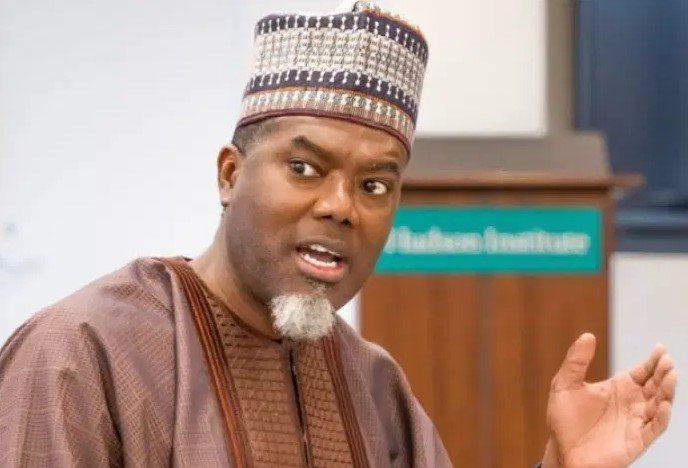Digital rights—freedom of expression, privacy, and access—are under pressure worldwide. From Australia’s youth social media ban to Nigeria’s fragile data laws, the battle between regulation and rights is heating up. Are we losing our digital agency in the name of safety? The writer attempts to answer these questions in this op-ed.
In today’s world, the internet is not a luxury. It is a lifeline. It is school, work, news, protest, art, and even therapy. Yet, as governments tighten control over the digital space—citing safety, morality, or national security—we must ask: are our digital rights being sacrificed at the altar of regulation?
What Are Digital Rights?
Digital rights are human rights extended to the online world. They include freedom of expression, privacy, access to information, data protection, anonymity, and the right to participate in digital culture without discrimination.
In a time when daily life is inextricably tied to digital platforms, these rights are just as essential as freedom of speech or the right to vote.
But protecting them has never been more urgent—or more complicated.
Australia’s Bold (or Blunt?) Move
Australia’s latest attempt to regulate social media—banning under-16s from platforms like YouTube and TikTok—might be well-intentioned, but it raises uncomfortable questions about digital autonomy and access.
While shielding children from harmful content is vital, the sweeping restrictions could stifle creativity, education, and digital participation for an entire generation.
Worse still, the law hints at an inevitable shift: governments seeking more control over what people can access online, sometimes bypassing civil discourse.
Nigeria: Rights at Risk or Just a Work in Progress?
In Nigeria, the digital rights landscape is fragile. Despite being Africa’s biggest internet economy, Nigeria lacks robust legal frameworks to protect online freedoms.
The Twitter ban in 2021, although lifted, is still fresh in public memory—a clear example of the state’s capacity to limit speech in the digital space when it conflicts with political interest.
Additionally, data privacy laws are in their infancy. While Nigeria’s Data Protection Act (NDPA) was passed in 2023, enforcement remains weak. Citizens often lack awareness about how their data is collected or used, and tech companies operate in a grey zone with little accountability.
This means millions of Nigerians are digitally active but not digitally protected.
Global Trends: Rights vs. Regulation
Across the globe, digital rights are being squeezed between the gears of surveillance capitalism and state censorship. In China, the “Great Firewall” censors information at scale. In India, frequent internet shutdowns in regions like Kashmir have become tools of control. Even democracies like the U.S. and U.K. wrestle with ethical boundaries around AI, facial recognition, and misinformation policing.
There’s a clear pattern: governments are getting bolder, and Big Tech is getting richer, while the rights of ordinary people are caught in the middle.
The Way Forward
The debate shouldn’t be about whether to regulate the internet—it must be about how to do so without crushing fundamental rights. Digital rights advocates argue for transparency, proportionality, and inclusive lawmaking.
In Nigeria, civil society groups like Paradigm Initiative, BudgIT, and TechHer are calling for citizen-focused policies:
1. Clear limits on surveillance.
2. Stronger enforcement of data protection laws.
3. Digital literacy for vulnerable populations.
4. Platforms held accountable without stifling free speech.
These aren’t radical demands. They are the digital equivalent of asking for clean water or safe roads.
Why It Matters
The internet is no longer optional. It is our new public square. And like any public space, it must be protected—not policed into silence.
If we lose our digital rights, we don’t just lose access—we lose agency.
So the real question is: as the digital future unfolds, will our rights come with us—or be left behind?
What do you think—are governments protecting us or overreaching? Let’s hear your thoughts below.Rate, Like 👍, Comment💬, share this article, Follow us on our social media handles, and Submit your own story to get featured and earn rewards!







